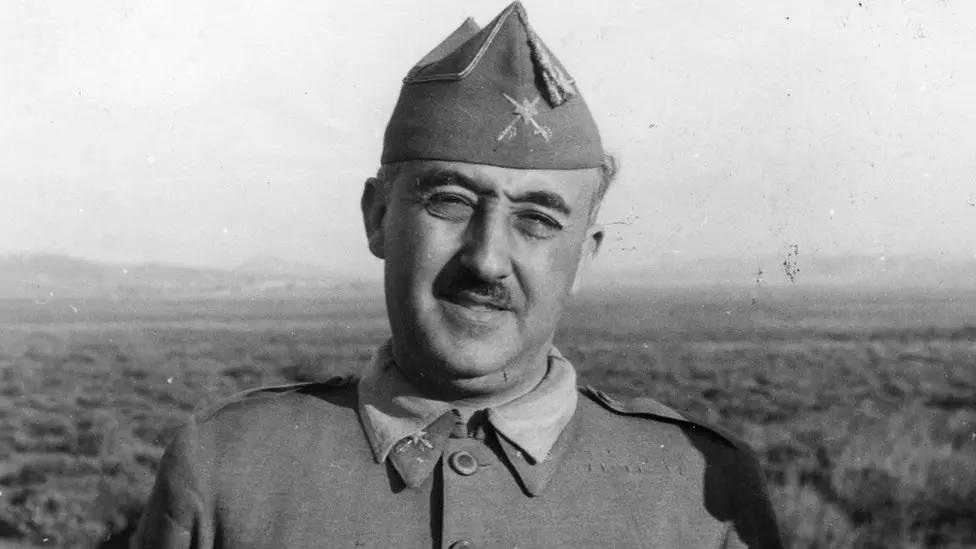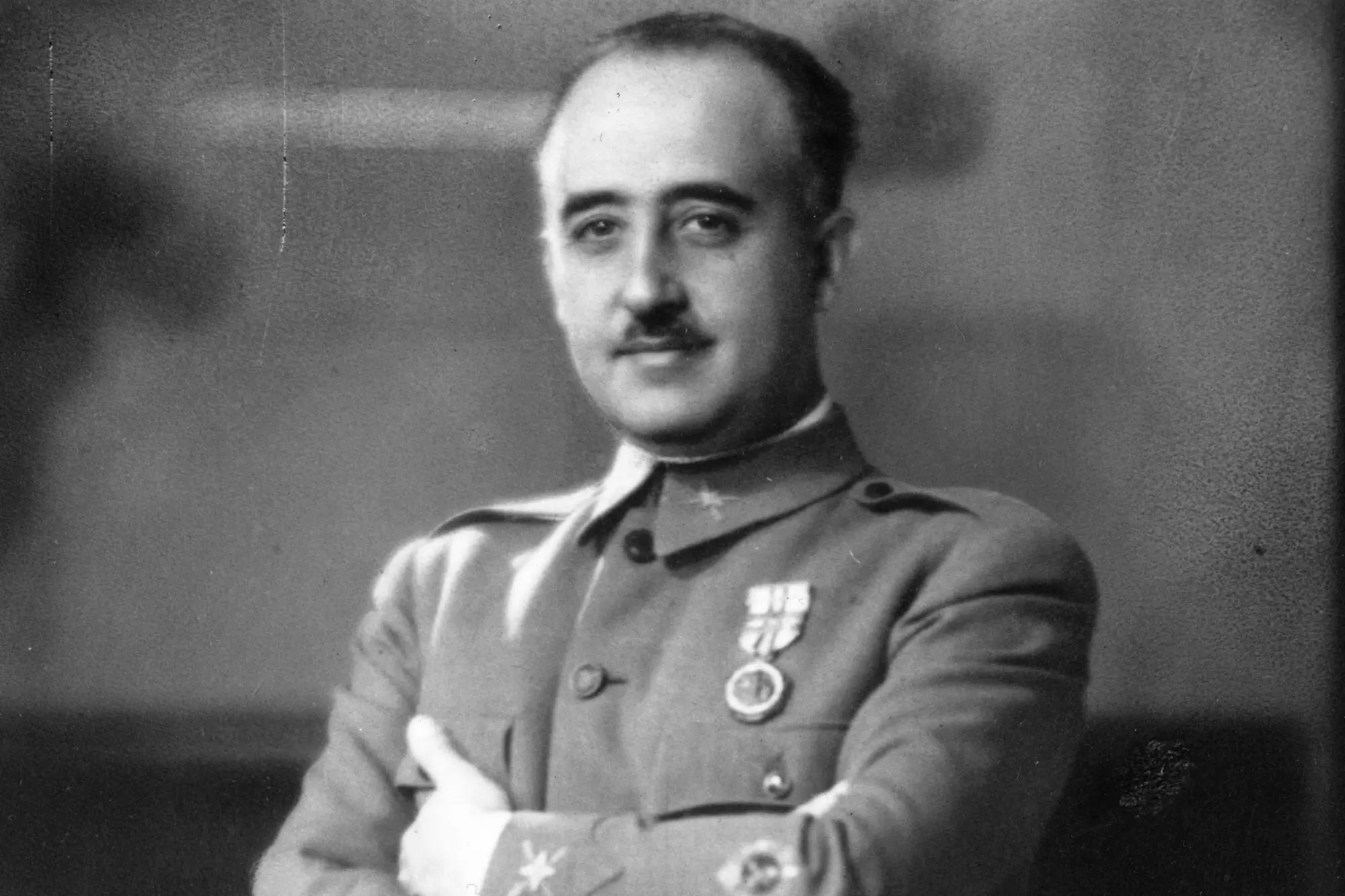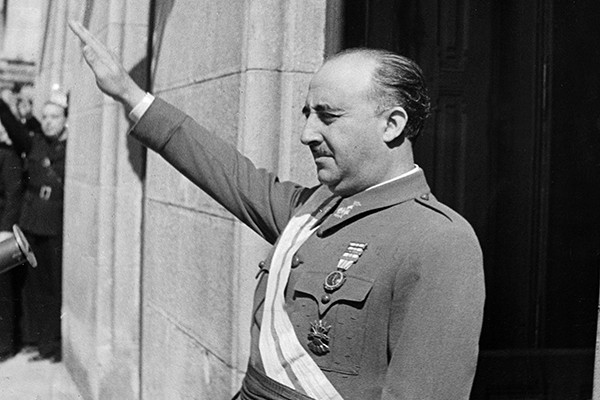By Carmen Chang,
On January 30, 2021, Sorbonne University’s CRIMIC research center held a conference as part of the IBERHIS program, exploring how French hispanists experienced Francoist Spain through travel. This session, titled “Des hispanistes en voyage, vers une archive audiovisuelle de l’hispanisme,” gathered scholars to discuss the creation of a visual and oral archive documenting the encounters and perceptions of foreign experts during Spain’s dictatorship (1939-1975).
Travel as a formative experience
The conference emphasized the dual nature of travel: discovery and testimony. French hispanists who visited Spain during the Franco regime were not simple tourists but academics whose journeys shaped their understanding of Spain’s political, social, and cultural realities. Their travel accounts provide unique insights into how Spain was perceived from outside, blending personal memories with scholarly analysis. Unlike the better-studied Anglophone tourism history, French research on this topic remains limited. This initiative is pioneering in gathering audiovisual testimonies from French scholars who traveled to Spain from the 1950s through the 1980s.
A notable example includes the study of Spanish travel guides written by or for these hispanists, such as Pedro de Córdoba’s Granada guide. These guides were not only practical but carried ideological messages, reflecting and reinforcing certain visions of Spain.

The CREE Project and its visual archive
Central to the discussion was the CREE project, a joint effort by Sorbonne Nouvelle and Paris IV universities aiming to build a comprehensive audiovisual archive on travel to Spain. This four-year project compiled filmed interviews with retired hispanists, archived photographs, posters, brochures, and personal documents. It serves both academic and public audiences, providing rare visual materials on themes such as Francoist leisure, gastronomy, bullfighting, and cultural stereotypes.
The oral history component is particularly valuable, preserving first-hand accounts that reveal not only how Spain was narrated but also how memories and identities were constructed. The project also highlights women’s contributions, whose experiences were often marginalized, thus enriching the archive’s historical and cultural depth.
Roundtable: Memory, identity, and generational perspectives
A roundtable with hispanists Danièle Bussy and Bernard Vincent further illuminated the generational layers of this research. Their testimonies spanned from the 1950s to the 1980s, showing how travel often intertwined with professional and political motivations. For many, visiting Spain was not just academic but also personal —some had family ties, others were motivated by anti-Francoist sentiments or cultural fascination.
The speakers presented visual tourist materials used by the Franco regime, such as postcards and travel posters, demonstrating how official imagery constructed an idealized and sanitized Spain. In contrast, the personal photos and documents of hispanists revealed more nuanced and sometimes critical perspectives. These contradictions reflect the complex reality behind the regime’s propaganda.
Subjectivity and stereotypes as historical tools
The conference acknowledged that the hispanists’ travel narratives are subjective and contain clichés and stereotypes. However, rather than dismissing these, the project embraces subjectivity as a source of insight into how cultural and political perceptions were filtered through emotions and biases. This approach highlights the importance of critical analysis in understanding these accounts as both historical documents and personal testimonies.
Methodological innovations and transnational impact
The event showcased innovative methodologies combining oral history, audiovisual materials, and interdisciplinary approaches. This blend enriches Hispanic studies by providing a deeper understanding of Francoist Spain’s international representation and cultural diplomacy. The project’s transnational perspective sheds light on the role of academic mobility and memory in shaping the historiography of the period.
While the topic was not central to all attendees’ research, the conference demonstrated its broad relevance for studies on travel, memory, identity, and postwar Spanish history.

Conclusion
“Hispanists on the Move” successfully combined archival preservation with historiographical innovation. By focusing on foreign scholars’ personal and academic experiences, the project offers an original lens to view Spain under Franco. Although some visual materials lacked clarity, the project’s overall richness suggests promising directions for future research.
For scholars interested in the intersection of language, history, and identity, this event was intellectually stimulating. It reinforced the idea that travel is a complex process involving discovery, narration, and memory, crucial for understanding cultural and political histories.
Reference
- Speakers included Ivanne Galant and Jorge Villaverde (CRIMIC, Sorbonne Nouvelle University), with contributions by Danièle Bussy and Bernard Vincent. “Hispanists on the Move: Toward an Audiovisual Archive of Francoist Spain through Foreign Eyes.” Conference at CRIMIC, Sorbonne University, January 30, 2021. Part of the IBERHIS program.




